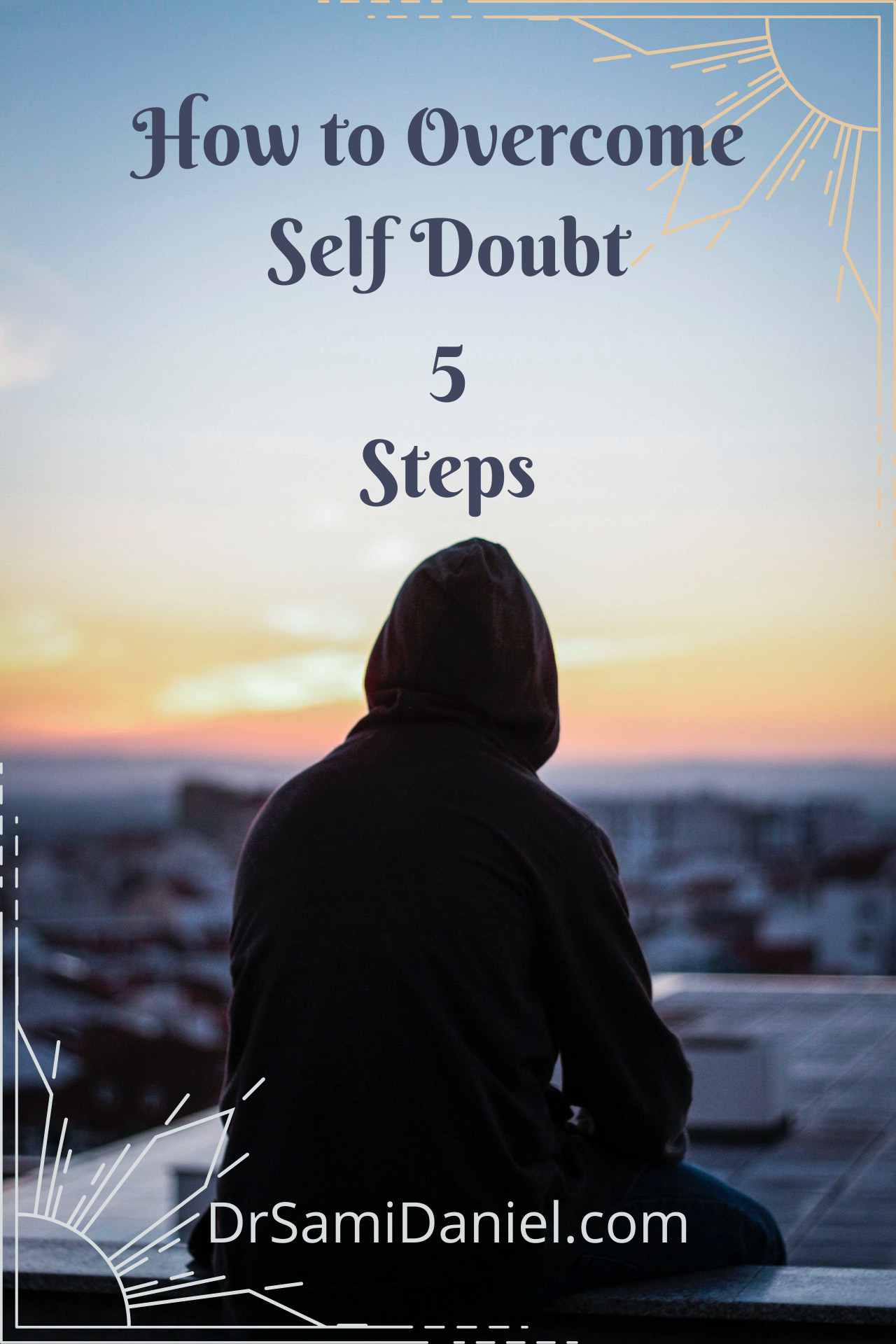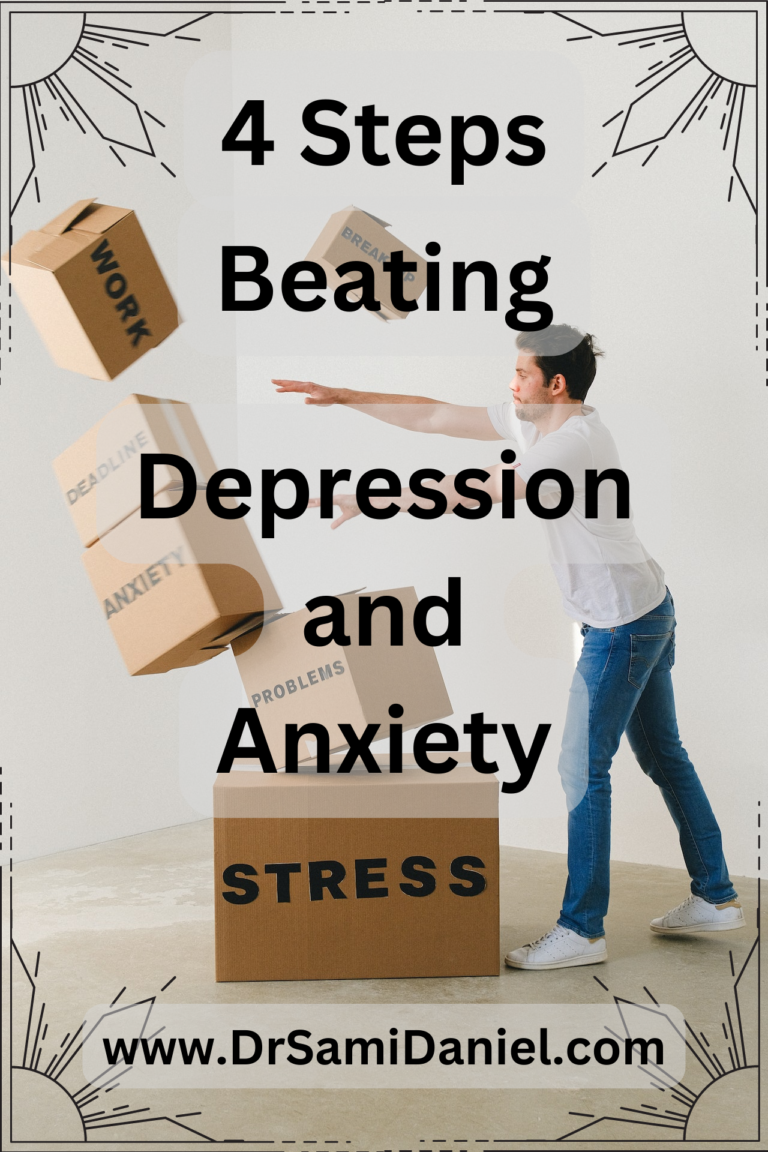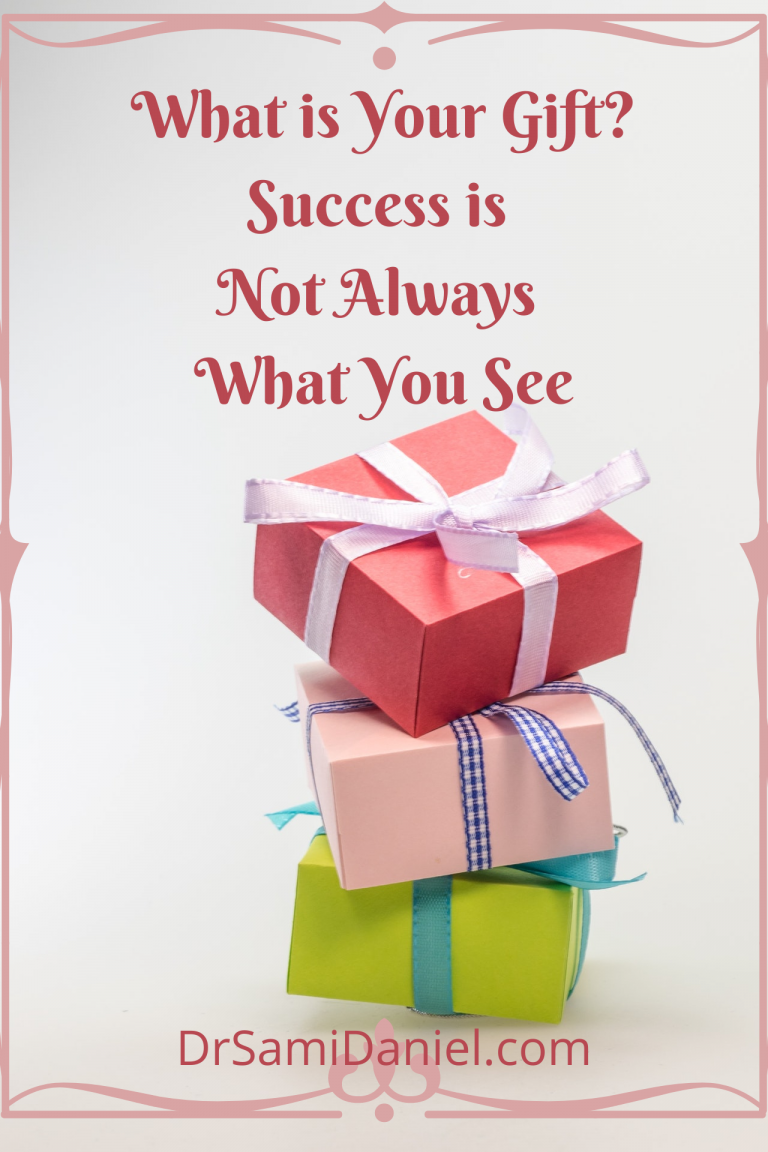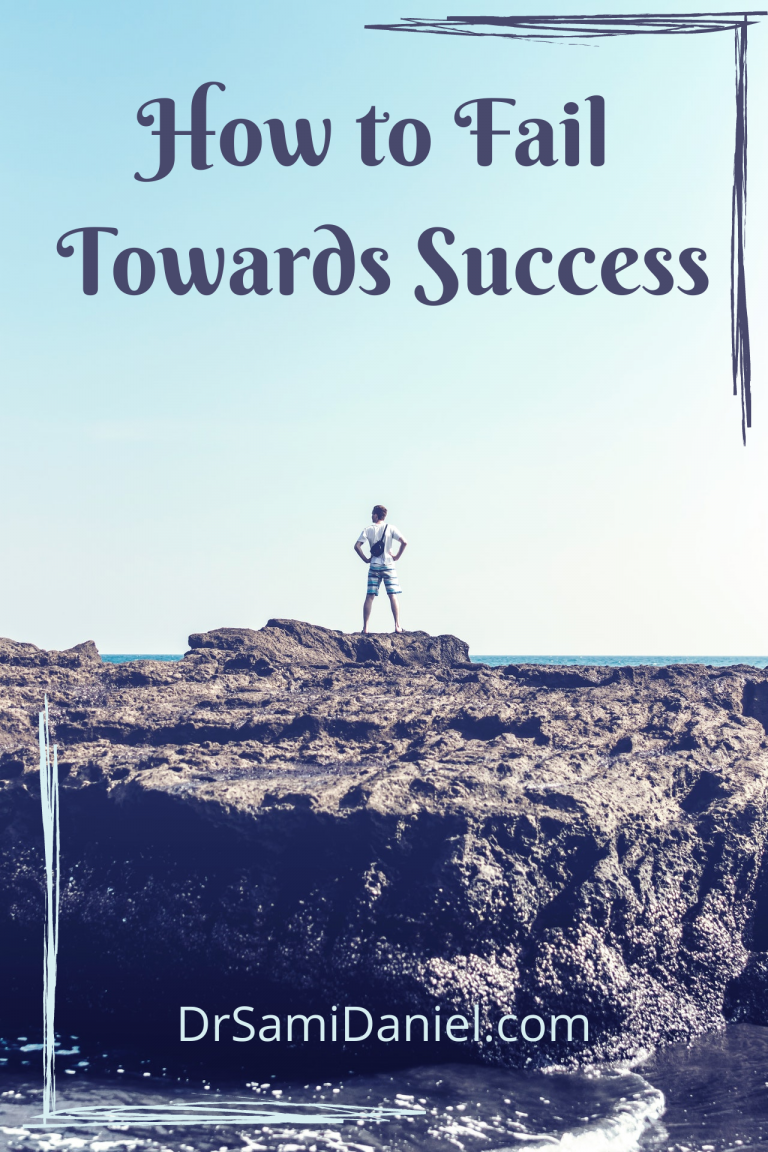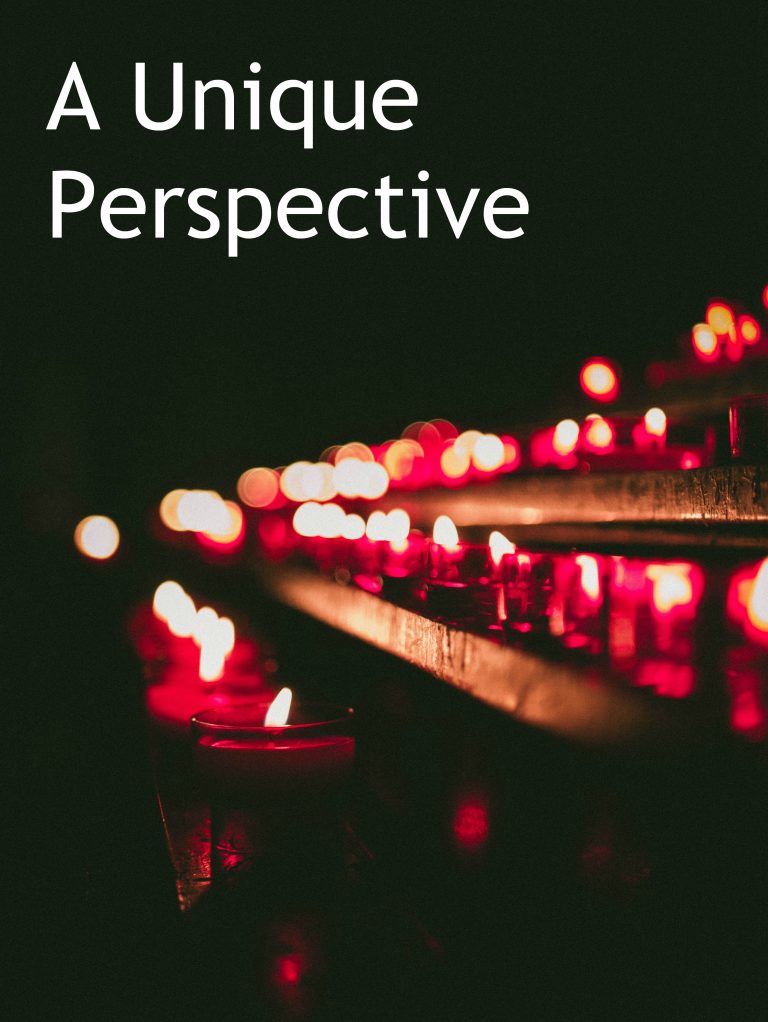How to Overcome Self Doubt: 5 Steps
This is something I never thought I would ever experience. And although I’m a Doctor, I am a Doctor that is a human being.
As a human being in a very stressful profession, I come across many situations where confidence is at a premium.
However this is not an issue only in the field of healthcare. Everybody experiences feelings of self doubt no matter what they do or where they are in life.
The problem is that we rarely talk about this very human experience to anybody because we feel we would be judged or viewed in a negative light. Which then continues to perpetuate the problem.
So we kind of suck it up and continue our march as best we can. And we are very very good at doing this because we never want anybody to think any less of us.
Why do we have this fear?
I believe it comes from our evolutionary and primal brain. How? Let me explain.
I once heard this example: You will never know when a bird is sick unless it is truly sick. What does that mean?
The bird will never reveal weakness even if it feels unwell because they are keeping up appearances. And for whom do they need to keep up the appearance of robust health and agility?
Certainly they would maintain themselves for birds of the opposite sex. But another primal concern is to discourage potential predators from attacking.
A predator would prefer an easy meal. Ideally using the least amount of energy to gain the greatest amount of reward.
It’s almost like the common advice of the stock market. Buy low and sell high to maximize profits.
This is exactly the primal mentality on a biological level. Because if you burn more calories to get a meal, and that meal has fewer calories than you burned while hunting, then you would eventually die of starvation.
Now let’s bring this primal concept back into a competitive and goal oriented world.
Of course, we are not being physically hunted. We don’t need to keep up appearances for fear of being eaten. But we do need to maintain the appearance that we are put together well.
We avoid being cast in a negative light at work for fear of what that would do to job opportunities; which of course, is tied to earning potential and survival of the self and loved ones.
So there are very real and legitimate concerns that drive human beings to fain confidence. Or at least drive the need to maintain a certain level of energy output or production so your boss keeps you around.
Of course there are management models in practice that allow their employees to breathe easy and feel enjoyment in their ability to contribute to the greater good of the company and society as a whole. And that is a wonderful experience.
But many people are not in such a nurturing environment. No matter what field we find ourselves, we must be top performers. And if we’re not, we must at least create and maintain the image. So we must constantly expend excess energy with little ability to recoup the loss.
So what happens when we are expending a great amount of energy to actually be good and/or look good over a prolonged period of time? Eventually, we burn out.
And in times of burn out, the strongest negative light is cast upon ourselves.
We are probably more critical of ourselves than anybody else can ever be. And this produces the greatest self doubt.
The classic questions start appearing in our minds and masquerade as perfectly logical and reasonable things to consider:
“Was I really meant for this?” “Is this my life’s purpose?” “Am I really passionate about this?” “Can I be happier doing something else?” “Should I pursue other skill sets to enhance my resume?” et cetera.
Notice these are all perfectly reasonable things to consider. But get under the surface of what is generating these questions, and you will reveal the engine of self doubt fueled by times of stress.
How to overcome self doubt
1. Recognize it
Self doubt is often insidious. Meaning that it kind of sneaks up on you without you realizing it.
Think of the wolf disguising himself as the grandmother of Little Red Riding Hood. But let’s look at what Little Red Riding Hood began to do in order to identify the danger. She began to observe and question.
“What big ears you have?” “What big eyes you have?” “What big teeth you have?” And the wolf’s responses all SOUNDED reasonable until the very last second.
So we must first observe our thoughts and then question them.
2. Question it
Again, Little Red Riding Hood had questions.
She posed a challenge to the masquerading wolf. She kept questioning her supposed grandmother until the wolf could no longer hide behind the disguise and the responses that sounded reasonable began to fall apart.
In the moments of questioning, I’m sure she felt scared to reveal the true identity of the wolf. But fear only comes from the unknown. Questions bring the unknown into the light.
Question your thoughts and bring their unknown source to the light.
3. Analyze it
Fear is nothing to fear. Fear only has the value we attribute to it.
It is a mental construct to keep you safe. It acts like guideposts to keep you oriented towards the tried and true. What’s been proven to work and keep you alive.
Self doubt is generated at the transition from the known into the unknown. Self doubt can be used as a force for self growth.
So when you find your fear, bring it under your control by asking questions. Who, what, where, when, how, and why.
Then ask yourself, “Does this make sense given what I now know?”
If it does not, you can discard the fear. If it does, then test your new understanding.
4. Test it
You have just come into some new knowledge about yourself and the world around you.
It is now time to test that knowledge. We can back test it by looking into our life experience, or test it going forward with new experiences.
Does it make sense? Can you think of any exceptions? Would it stand up to a real life scenario?
For example if I realized that I am shy, are there exceptional circumstances where this does not fit? Such circumstances might include hanging out with close friends. After all, you had to overcome being shy to meet your friends at one point. Therefore you overcame self doubt in your ability to start conversation and have a meaningful relationship with people. This is a form of back-testing.
A form of forward testing would be if you are able to continue having these relationships with friends. Or you find that you are able to work with colleagues and possibly give presentations. Whatever the scenario, a person who believes he/she is shy may test that belief.
Next we can decide what to do with the results.
5. Decide
Self doubt is itself a limiting belief of the self.
An external circumstance has created conflict with your internal world. And now you must decide on an appropriate action.
But you don’t just decide on an action and hope for the best. You won’t feel very confident in just winging it. Some do. But I do not usually work like that. I need to see evidence.
Based on this evidence, I build confidence. And with more built up confidence, I can build up more reinforcing experiences. And when this happens, we set up a positive feedback loop where confidence and positive experience constantly feed into each other.
At this point, we make the decision almost effortlessly. But it is effortless because you previously put in the work to prove it to yourself.
You have always been who you are. You simply need to unravel yourself.
Conclusion
We have all had our share of trying times.
But you know the interesting thing, we all survived those times.
As human beings, we have the wonderful ability to experience self doubt, face our challenges, and succeed those difficult times towards our greater personal growth.
Success is not always what you see. Trust yourself to make the changes you need. You will make mistakes and fail many times.
That’s simply part of the process. Live a life of discovery. Discover who you are as an individual. By focusing on this goal, self doubt will only be part of the human experience.

